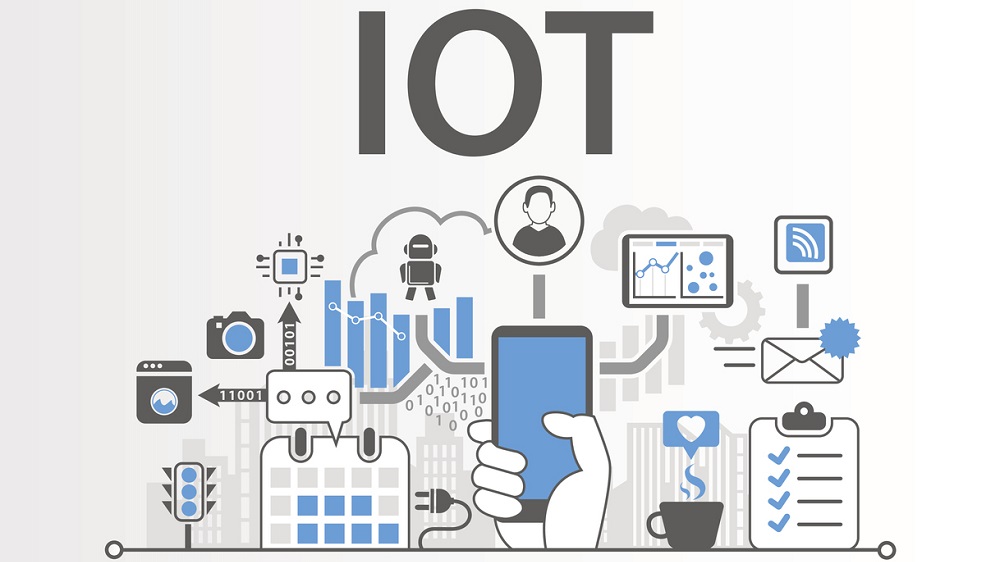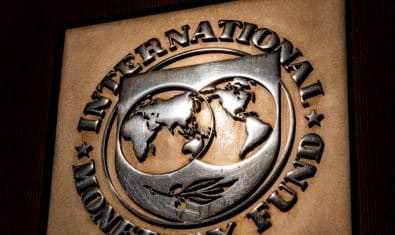The government is all set to create a regulatory framework for Internet of Things (IoT) as its potential impact on individuals and businesses raises regulatory requirements such as licensing, numbering and addressing, spectrum management, network standards, data protection, privacy and security, says Pakistan Telecommunication Authority (PTA).
In view of the latest trends of IoT and 5G, PTA has created an industry working group. The aim of this working group is primarily to foresee the IoT future developments in Pakistan and to evaluate and recommend the possible regulatory options (requirements in terms of spectrum, data protection /privacy, roaming, numbering /addressing, device standardization/type approval, etc).
The Authority has sought comments and views of the members of the PTA, industry working group on IoT, the concerned industry, and the general public, on the issues and challenges of IoT for the formulation of the regulatory framework for the country.
In Pakistan, international & national ICT firms are in the early stages of developing innovative services using IoT technology. Some of IoT use cases include advanced metering infrastructure with automated meter reading in real-time or near-time two-way communication, smart devices/sensors/actuators, smart farming, health care solutions, smart grids and connected agriculture. Most of these applications are currently being provided through cellular networks.
However, there is a need to formulate a comprehensive regulatory framework elaborating requirements for developments of the IoT ecosystem in licensed as well as unlicensed bands. Some of the frequency bands for unlicensed IoT have been proposed by the Frequency Allocation Board (FAB).
IoT is the fastest-growing phenomenon worldwide with certain countries having implemented it with light-touch regulations.
With the rapid growth in demand and use cases of IoT, it is foreseen that in the coming 10-15 years, IoT will saturate into all dimensions of human lives and will have an impact on the industry and the economy at large.
IoT is not about which protocol or which platform or which cloud is used, rather it is about sharing the information between different systems, different applications, and different business sectors.
Due to such importance, PTA stated that it is vital to have a regulatory framework in place, well in time, for IoT so that the complete benefits of this innovation can be passed on to the citizens. The stepwise growth of this sector will demand cross-sector policies and a comprehensive regulatory framework.
The deployment of IoT systems in multiple sectors, and their potential impact on individuals and businesses, raises regulatory requirements such as licensing, numbering and addressing, spectrum management, network standards, QoS, data protection, privacy and security etc. Such requirements can be sector-specific or cross-sector in nature.
Therefore, the regulator has a major role to play in shaping market rules for convenient and smooth IoT adoption, such as appropriate licensing /registration and industry/business friendly regulations etc.
The focus of the Authority is to have an enabling and comprehensive regulatory framework to create sustainable IoT development and associated deployments.
Moreover, regulatory guidelines are also needed to be set forth for data collection, data analysis, data sharing, use of IoT data, data privacy, data security etc. In addition, rules are required to be established about liability and ownership, for all the sectors.
Currently, the regulatory frameworks for IoT services are in their early stages worldwide, with very few countries formalizing any specific roadmap.
The issues and challenges while formulating a regulatory framework involve licensing, spectrum and management of licensed as well as unlicensed bands, numbering plan, permanent roaming, quality of service, security, privacy, data protection.
The Ministry of Information Technology & Telecommunications (MoIT&T) in Section 3(iii) of Telecom Policy-2015 has emphasized on the provision of the new services using latest technologies.
Later, the Policy Directive of the Ministry of IT on test and development of 5G dated October 16, 2017 had identified a few bands for 5G and also required, to recommend, in consultation with industry/stakeholders, the suitable frequency bands in view of future technologies.
Licensing is an important pillar of the regulatory regime to ensure level playing field for service providers and the requisite provision of services to consumers. In order to formulate a balanced ecosystem for IoT, some countries have opted to have separate categories of licenses for such services under certain conditions of provisions.


























